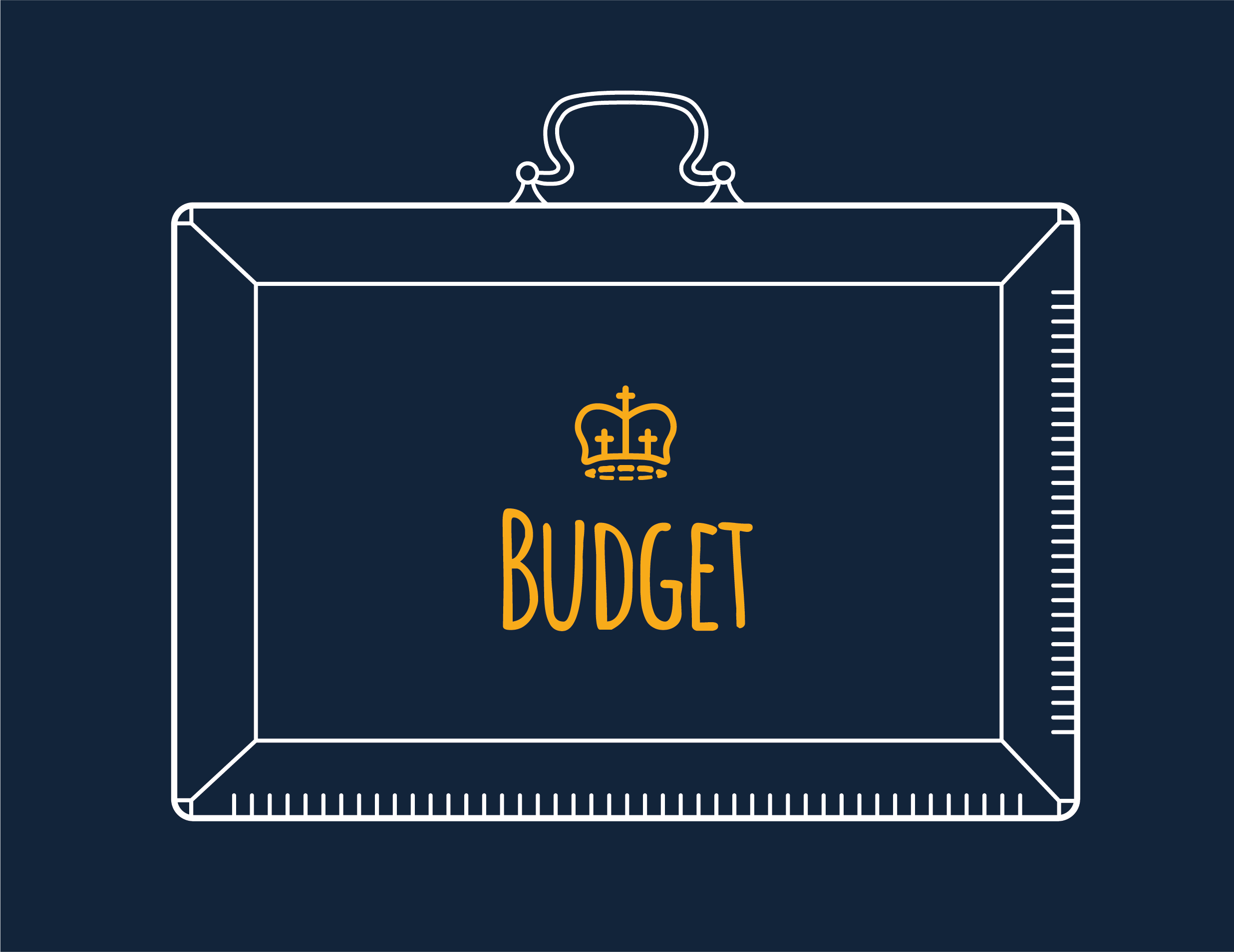
Joint bank accounts can be handy when it comes to managing your money for shared expenses with another, usually a partner or spouse. However, there’s no set way of managing shared finances and joint accounts. It can be a very personal decision as to whether a joint bank account is right for you, your circumstances, and your relationship.
Let’s look at some of the factors that will help you make the right decision for you.
The Purpose of a Joint Bank Account
Firstly, a joint bank account isn’t just for couples. You may want one as a means of managing household bills for someone you live with. From the joint account, you can pay bills, withdraw cash (perhaps for maintenance work), and write cheques. In the majority of instances, this is most likely to be necessary at some point in a couple’s relationship.
Opening a joint account is relatively straightforward, and there isn’t a limit on how many joint accounts you may have, or on how many account holders there may be. You will be required to fill in an application form in person, online, or possibly over the phone, much like any other account.
When multiple people are opening an account together, each party will be required to sign a mandate. This sets out the ‘rules’ for the joint account, and will be invaluable should there be any problems down the line. Each individual can cancel the mandate at any time unless not doing so is within the mandate. Statements will come to you each individually unless you agree otherwise.
Some couples find that having clear expectations and set-ups regarding finances, including the functioning of joint accounts, helps to eliminate or reduce disagreements about money. A joint bank account for paying bills can also operate much like a ‘pot’ for paying a proportion of your income into, and for drawing on to pay bills.
A Word about Debts
This is the main sticking point for many when considering a joint account. If you hold a personal account with the same bank as you open a joint account, the bank may use funds from your personal account to pay off any debt on the joint account. It doesn’t work vice versa. Additionally, if there’s an overdraft arranged on the joint bank account, it doesn’t matter who used it, all account holders are equally responsible for it.
It should also be noted that in England and Wales, in the case of spouses and civil partners, it doesn’t matter who paid what into the joint account, the funds within it are deemed to be equally shared. It’s not so clear-cut if you aren’t married or in a civil partnership.
Furthermore, having a joint account with someone means your credit score is affected by them. Therefore, if they have a poor credit rating, it’ll likely reflect on you too.
As the UK benefits system is changing to one of the Universal Credits, where your benefits will be determined based on the household, and paid in one payment, there may be a good reason for a joint account. However, you don’t have to have your Universal Credit payment paid into a joint account; you can nominate an account with a single account holder – if you wish.
What Joint Bank Accounts Aren’t For
There are instances where you might need access to, or control over, someone else’s finances and bank accounts. A joint bank account is unlikely to be the best solution in these cases, for example, when taking care of an elderly or disabled relative.
When to Step Away
If you have even a niggling doubt that a joint account isn’t for you, don’t get one. They require trust to operate efficiently, and in the interests of both parties. There are ways of splitting elements of your finances and sharing them with others, without the commitment of a joint account.
If you already have a joint account and have fallen out with the other account holder, or are concerned about anything, you need to cancel the mandate. This prevents all account holders (including you) from withdrawing the money until you are all back in agreement (or a court makes the decision).
You should feel confident in your decision to go ahead with a joint account.


